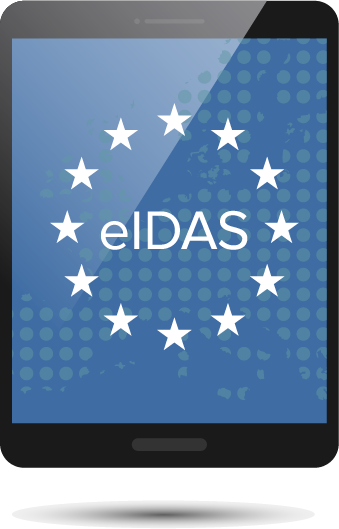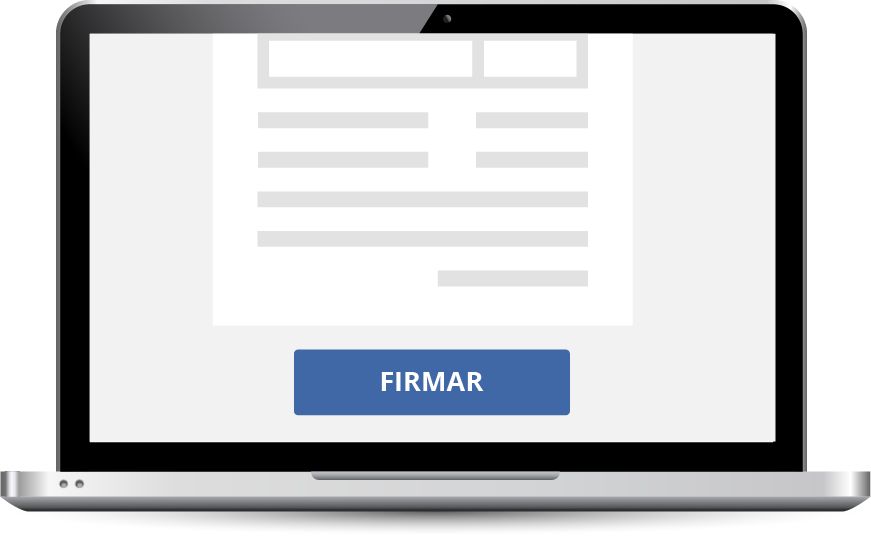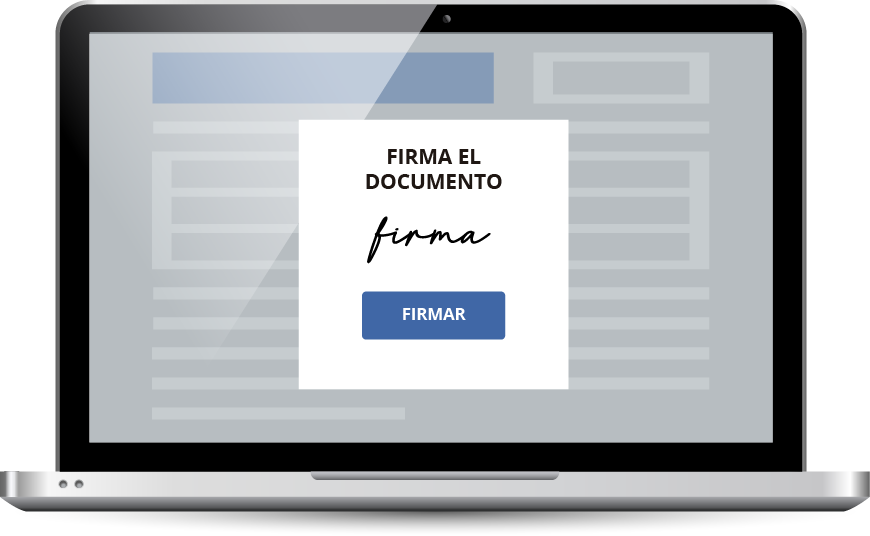eIDAS Regulation
The eIDAS Regulation, also known as Regulation (EU) No 910/2014 of the European Parliament and of the Council of 23 July 2014, provides a coherent legal framework for the acceptance of electronic identities and signatures.

It entered into force on 1 July 2016 and is applicable in all EU Member States. It aims to strengthen the European Single Market by providing an adequate level of security for electronic identification means and trusted services. It is established in Article 1:
- The conditions under which Member States must recognise the means of electronic identification of natural and legal persons who belong to a notified electronic identification system of another Member State.
- Standards for trusted services, in particular for electronic transactions.
- A legal framework for electronic signatures, electronic timestamps, electronic documents, certified electronic delivery services and certificate services for website authentication
Types of electronic signatures: legality and legal validity
Article 3 of the eIDAS Regulation recognises the following types of electronic signature:

Simple signature or electronic signature:
Defined as “data in electronic format attached to or logically associated with other electronic data used by the signatory to sign.

Advanced signature:
This type of electronic signature complies with the following requirements:
- Be uniquely linked to the signatory.
- Allow the identification of the signatory.
- Have been created using electronic signature creation data that the signatory can use, with a high level of confidence, under his exclusive control, and
- Be linked to the data signed by it in such a way that any subsequent modification of the data is detectable.”

Qualified signature
This type of signature is created by means of a qualified device for creating electronic signatures and is based on a qualified electronic signature certificate. It reliably records the identity of the signatory and provides the highest level of security for the signed documents.
Qualified Trusted Service Provider
A trusted electronic service consists of the creation, verification and validation of electronic signatures, electronic time stamps, certified electronic delivery services and certificates related to these services.

Our solutions provide full legal guarantees:
- Digital certificate. We make available to our clients qualified certificates as well as their centralization in the cloud, which protects to the maximum the operations carried out electronically.
- Electronic signature. We have a wide range of signature types, from the least to the most robust recognised by eIDAS.
- Time stamping. Our technology collects data in electronic format that provides proof of document integrity at the time of signature.